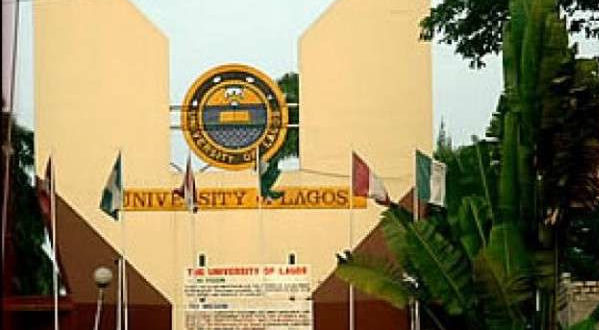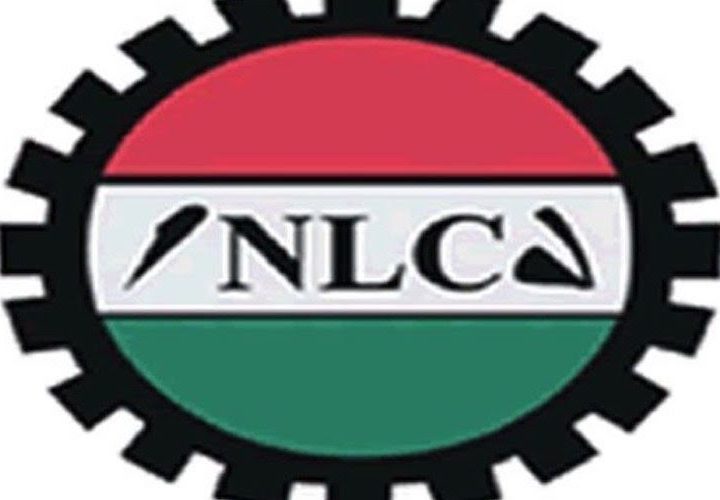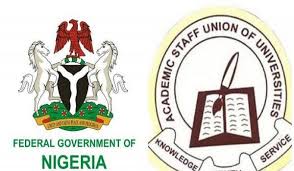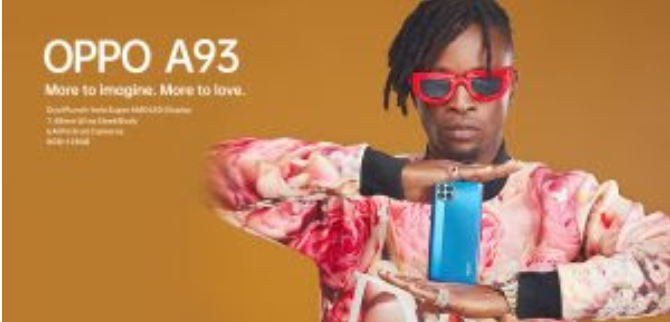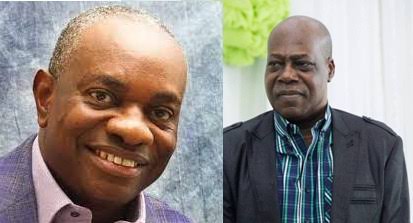Three students of the University of Lagos, Unilag, have developed a software to unmask human traffickers, which won them the #Hackathon4Justice event organised in Lagos between March 22 and 23.
The gadget can also be used to track, rescue and rehabilitate victims of trafficking as well we to create awareness of the noxious industry.
The three students, namely; David Popoola, Eyitayo Ogunbiyi and Chukwudumebi Onwuli are from the System Engineering and Computer Engineering Departments of the University of Lagos, Nigeria.
A statement issued by the Outreach and Communication Officer, United Nations Office on Drug and Crime, UNODC, Mr Sylvester Atere, on Wednesday in Abuja, said the students came up with the software after 29 hours coding.
The #Hackathon4Justice was part of UNODC’s Education for Justice, E4J, initiative, a component of the Global Programme for implementation of the Doha Declaration.
According to Atere, the aim of the hackathon was to help participants leverage technology to find solutions to rule of law challenges in the areas of corruption, integrity and ethics; crime prevention and criminal justice.
The event also aims at finding solutions to organised crime; human trafficking and terrorism and violent extremism.
Atere further disclosed that the winners were expected to proceed to Global #Hackathon4Justice event, which will hold at the Google Headquarters in Silicon Valley, California, United States, in August 2019, where they will participate as mentors.
He said: “The trio of David Popoola, Eyitayo Ogunbiyi and Chukwudumebi Onwuli of System Engineering and Computer Engineering departments of the University of Lagos led the pack of upcoming professionals with their web application design that helps both trafficked victims and their loved ones learn about human trafficking and access to tools that can potentially save them.
“Tagged ‘Let’s Fight Trafficking’ or ‘LFT’ for short, the key features of the product include an e-learning planning platform to help educate people on human trafficking; a facial recognition system that matches feed from webcams, other images to see if there already exists a reported case with a similar image in the database; a portal for victim’s close friends to file reports about trafficking cases in their area.
“A heat map, generated from report data to let users know where trafficking is most prevalent and take preventive measures.”
The UNODC’s communications officer explained that aside educating young people about the global challenges to the rule of law, E4J also seeks to inspire them to be part of their solution and positive agents of change in their societies, stressing that such goals could only be achieved by giving youths a say in matters relating to crime, justice and the rule of law.
READ ALSO: Blame ‘Money Politics’ for Women’s Low Participation In Politics –Ojikutu
The runner up were four students from Ladoke Akintola University of Technology, Ogbomoso, who designed ‘Athena’, a mobile application that allows people to report crime incidents and gain information about their rights, according to the statement.
With ‘Athena,’ Atere explained that people can also report emergencies with just few clicks, and the application automatically detects the location of the user and composes a report, while providing anonymity and protects the identity of whistleblowers.
According to him, about 400 applications were received from university students across Nigeria, but over 50 undergraduates participated in the events.
Other participants were from Caleb University, Covenant University, Federal University of Technology, Akure, Obafemi Awolowo University, University of Benin, Babcock University, as well as Yaba College of Technology.
The young coders were mentored by Iyinoluwa Samuel Aboyeji, Co-founder of Nigerian startup Andela and founder of Flutterwave and a number sofsoftware engineers from Facebook while staff of the UNODC from Nigeria and Headquarters in Vienna provided support on the thematic issues of the hackathon.
The event was organised by the UNODC in partnership with Facebook and Africa TeenGeeks, and designed to spark creativity in young people while pushing their coding capabilities.
